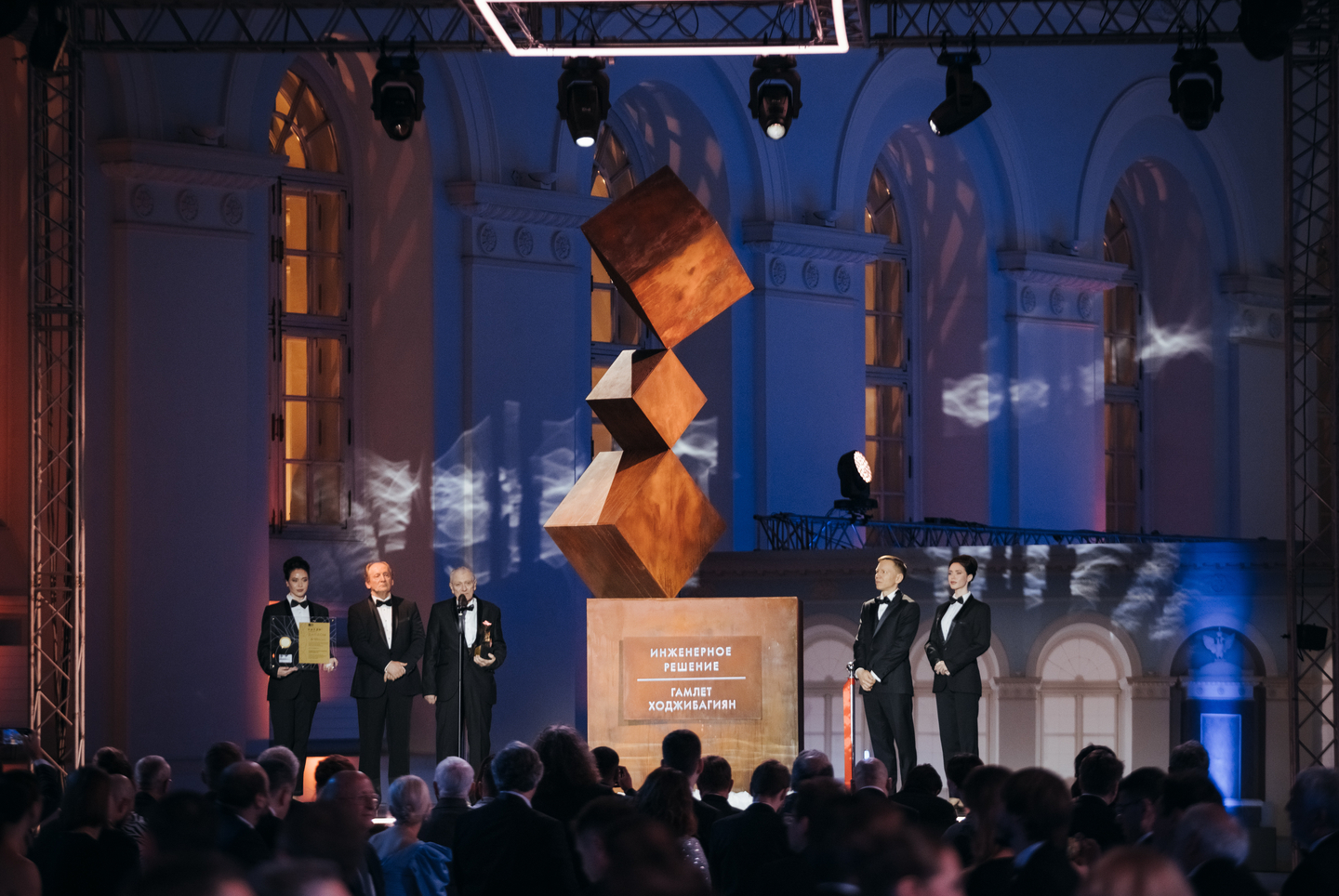
VYZOV: A Challenge for the Rest of the World
Why does the VYZOV Prize for Future Technologies have
no divisions for various scientific disciplines? What impact do scientific
awards have on various spheres of life? What plans do the founders of the VYZOV
Prize have for the future?
Find out in a new feature story by Kommersant.
VYZOV Prize Adds an International Category: Discovery
The call for applications is still open for the VYZOV National
Prize for Future Technologies. This year, a new, international category titled
‘Discovery’ has been added to the existing categories such as ‘Vision,’ ‘Best Engineering
Solution,’ ‘Breakthrough’ and ‘Scientist of the Year’. The new category is open
for applications from scientists based in any country in the world, including
Russian scientists residing abroad. Kommersant spoke with the founders and
organizers of the VYZOV Prize and with some of its first laureates about how
applications are coming in for the 2024 awards, how scientific awards influence
the advancement of science, what significance the VYZOV Prize has, and what its
prospects are.
Not Quite Like the Nobel Prize
The VYZOV National Prize for Future Technologies has
been dubbed ‘Russia’s Nobel Prize’ by the media since its early days. Its
Scientific Committee Chairman Artem Oganov argues against such a comparison.
"I would not compare the VYZOV Prize with any
other prize, including the Nobel Prize," he told Kommersant in an
interview. “We don't aim to establish a second Nobel Prize, or a second
Sakharov Prize, or a second Breakthrough Prize. We want to create a unique award
that would be unparalleled and be the best one in the world.
“In order for such an award to have value, it is very
important that we evaluate applications with total objectivity, and that we
generally administer the award taking into account other awards’ experience, as
well as the modern realities and the future that the world is headed for. I believe
we have been mindful of all that."
How is the VYZOV Prize unique? For example, applicants
may nominate themselves for the award. A scientist may be nominated by their
peers or by their research facility’s Scientific Council, but they are also
free to nominate themselves.
The very name of the VYZOV Prize for Future
Technologies tells us it is oriented towards the future. Hence, it recognizes
research carried out within the past ten years, as well as findings and
inventions whose potential is expected to reveal itself in the years to come.
Another notable feature of the award is that it has no
divisions by scientific discipline. This actually makes sense, because you
cannot really expect to have one important discovery in mathematics, one in
physics and one in medicine every year. Besides, many breakthrough discoveries occur
at the intersection of scientific disciplines. That is why, instead of having
divisions by discipline, the VYZOV Prize is awarded in five categories:
‘Scientist of the Year’ (for Russian scientists with an outstanding record),
‘Breakthrough’ (for crucial achievements in science and technology), ‘Best
Engineering Solution’ (for important inventions), ‘Vision’ (for scientists and
research teams aged below 35, who have made a significant contribution to
scientific or technological development) and ‘Discovery’ (for international
applicants).
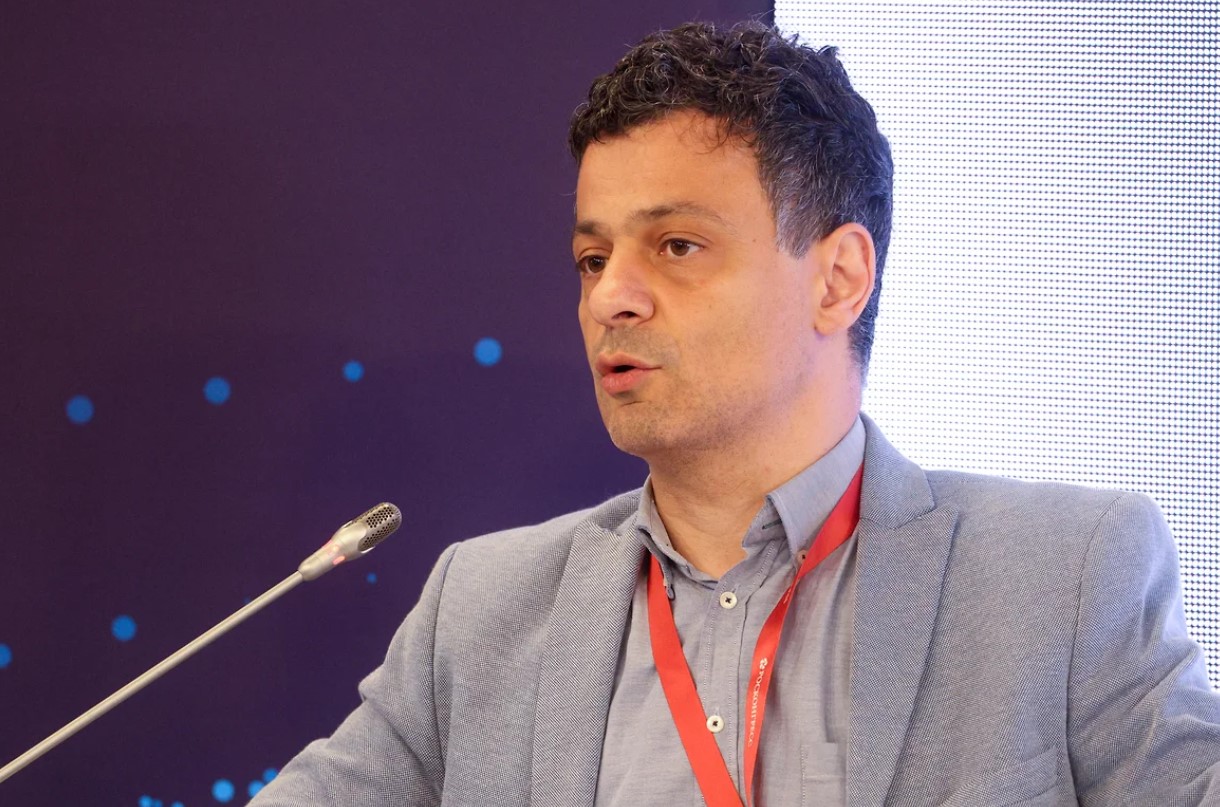
Photo: Photo bank of the VYZOV Foundation
Explaining why the award has added an international
category, Artem Oganov says, "We want the VYZOV Prize to become one of the
most prestigious scientific awards in Russia, and to be esteemed and renowned
worldwide. Success is measured by demand, and demand appears when your work
addresses some key necessities that people have. Now that the world is so divided,
the need for unification is truly evident.
“Introducing an international category is what we can
do to help build bridges between countries. Sooner or later, people will go
back to communicating and collaborating with each other, and we will be at the
forefront, because we are already working for that by unifying science.
“In addition, having an international category
elevates the VYZOV Prize to a new status. Now our award is open for scientists from
all over the world, and this is very important. This is a step in the right
direction."
Science Is Not Political
The Scientific Committee Chairman also notes that it
is crucially important to abide by the principle of impartiality when determining
the laureates. “All other awards adhere to the same principle, but only on
paper in most cases,” says Artem Oganov. “The world suffers an acute shortage
of fairness, and that is why we in the Scientific Committee are setting
ourselves a very high bar: Being regular people of flesh and blood, with our
emotions and our personal preferences, we vow to put aside all of our emotions
and our preferences and make decisions based on absolute fairness.”
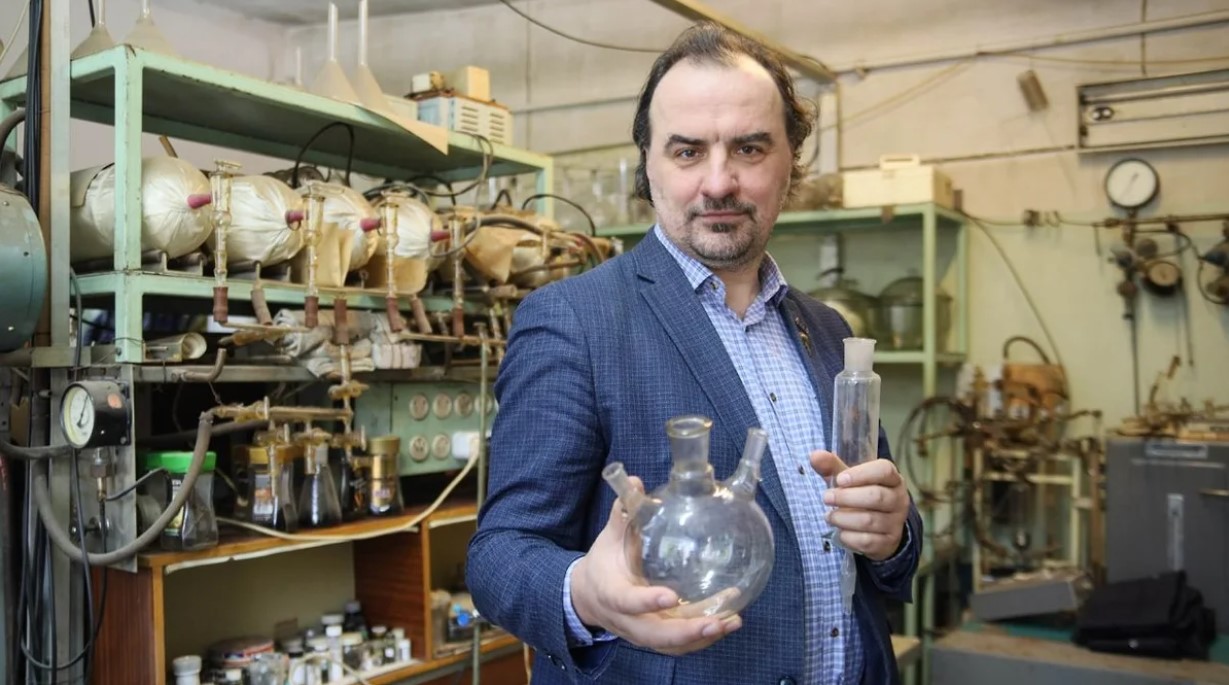
Photo by Snezhana Shabanova
Alexey Paevsky, a scientific journalist, member of the
VYZOV Prize Scientific Committee and Ambassador of Russia’s Decade of Science
and Technology believes scientific awards remain less politicized today
compared to literary awards or the Nobel Peace Prize. To cite an example, he
points to the latest Nobel Prize in Chemistry, where one of the laureates was a
Russian scientist working in the United States, who was awarded for a discovery
made while living in the Soviet Union.
One example of a national award whose winner may be a
scientist from any country is the UNESCO-Russia Mendeleev Prize in the Basic Sciences
awarded by the Russian Academy of Sciences. In 2023, it was awarded to Dr. Irina
Beletskaya, a Professor with the Moscow State University, and Dr. Klaus
Alexander Müllen, Director of the Max Planck Institute for Polymer Research.
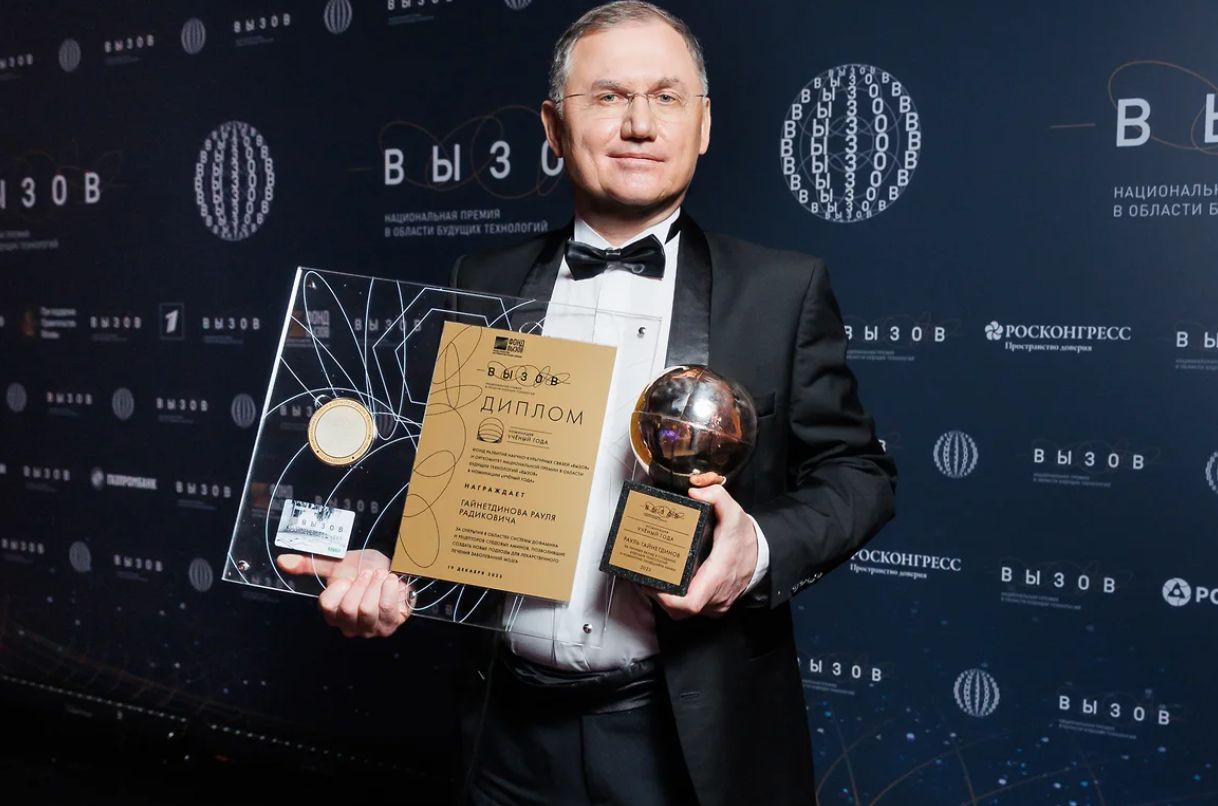
Raul Gainetdinov, Laureate of the 2023 VYZOV Prize as Scientist of the Year, Director of the Institute of Translational Biomedicine, St. Petersburg State University
Photo: Photo bank of the VYZOV Foundation
“I believe science shouldn’t be limited by national borders,”
says Raul Gainetdinov, Laureate of the 2023 VYZOV Prize as Scientist of the
Year, Director of the Institute of Translational Biomedicine, St. Petersburg
State University. “In general, the scientific community remains united, but
some foreign scientists are now wary of cooperation with their peers in Russia.
Our Chinese colleagues have a friendly attitude toward Russian scientists, and
Italians have always been open for communication with us. The Americans have
apparently gotten accustomed to the unrest in the world, so, as a rule, they
also continue to collaborate with colleagues from all over the globe.
“To sum it up, I would say the scientific community
remains international. Last year, I published two articles in collaboration
with my American colleagues, one article with Belgians and Italians, and one
with Germans. The other day, I got an invitation to speak in Japan. Although, I
guess, a lot depends on personal contacts: I lived in the West for twenty years,
and I have friends abroad whom I’ve known for 30 years. So many of them don’t care
where I’m based, whether it’s in America, Italy, Russia or elsewhere.”
Artem Oganov says Chinese scientists have been very enthusiastic
about the introduction of the international ‘Discovery’ category.
A Scientific International
Scientists may apply for the award till May 20th,
2024.
The largest number of applications so far have been
submitted from Russia’s Central Federal District, particularly from Moscow, St.
Petersburg, the Nizhny Novgorod Region, the Republic of Bashkortostan and the
Novgorod Region.
The new international category, ‘Discovery,’ has
received quite a few submissions from different countries, including some EU
member states.
Submissions for the award represent a wide range of
scientific disciplines, while most of them (53% to date) are related to either
medicine, computer science or chemical technology. Technical sciences are strongly
represented, and the Engineering Solution category has received a lot of
submissions citing achievements in the field of mechanical engineering and
metallurgical process improvement.
Most applicants to date come from universities,
including research universities. The average age of applicants is 44, although
that may vary depending on the category. Young scientists applying for the
Vision award are aged 32 on average, while the average age of applicants for
Scientist of the Year is 46, Engineering Solution, 38, and Discovery, 54 years
old.
Science for Society, Business for Science
Scientific awards have a significant impact on various
spheres of public life.
Awards are important for scientists. They serve as a
powerful incentive that motivates them to carry on with their research,
developing new, innovative technologies and expanding the boundaries of human
knowledge.
Speaking at a recent conference titled ‘Science
without Borders: Siberia Accepts the Challenge’ hosted by the Tomsk State
University, VYZOV Prize’s Vision award laureate Ilya Semerikov said that being
awarded is a token of trust extended to the scientist.
The VYZOV Prize comes with a considerable financial
reward. In 2024, it has a prize fund of 50 mln rubles, 10 million for each of
the five categories. But the very acknowledgement of a scientist’s achievements
is equally important. It can contribute to their career, help them gain
recognition from peers and boost their authority in their field of research.
Scientific awards play an important role for science in
general, since they have a decisive impact on how research trajectories are
shaped and how future research in various fields is incentivized.
“The VYZOV Prize is focused on future technologies, so
it is important for us to enable an environment where our laureates’
achievements would be translated into technological development on a new
level,” says Aleksey Fedorov, Deputy Chairman of the VYZOV Prize Scientific
Committee. “We want the VYZOV Prize to give an impetus to scientific research
and new engineering solutions, to reduce the lead time between getting a
research result and seeing its real-world application.”
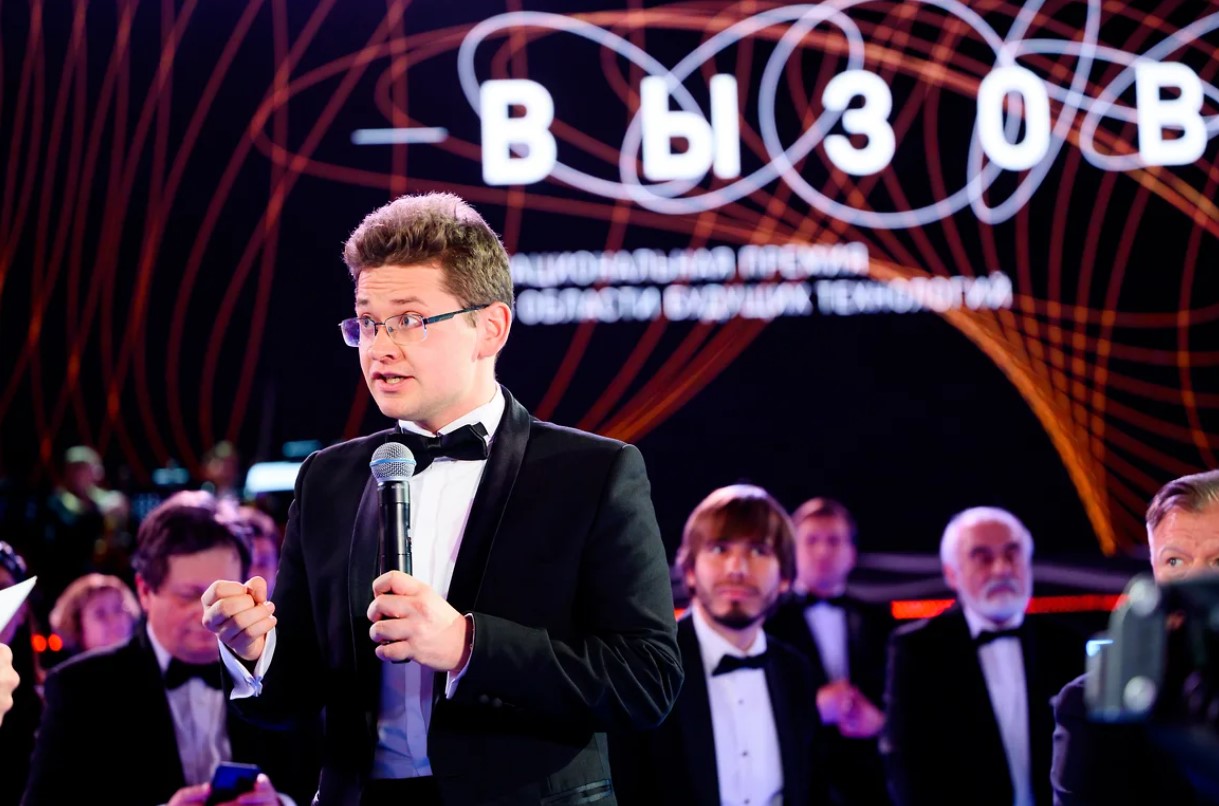
Aleksey Fedorov, Deputy Chairman of the VYZOV Prize Scientific Committee
Photo: Photo bank of the VYZOV Foundation
Scientific awards are also necessary and important for
businesses. They influence the business community, especially in areas where
performance relies on technology and innovation. Companies often use their association
with prestigious scientific awards to promote their brand, attract the best
talent and demonstrate their commitment to cutting-edge research and
development. Sponsoring scientific awards allows businesses to partner up with
leading researchers and institutions. This kind of cooperation promotes
innovation, accelerates technological progress and stimulates economic growth.
“As a co-founder of the VYZOV Prize, we realize that
investment in scientific research can deliver substantial returns for businesses,
both in the short and long term: from creating new products and fostering new markets
to having a significant impact on the development of society and of the national
economy,” says Dmitry Zauers, Deputy Chairman of the Board of Gazprombank.
“Large investors often underestimate the importance of
supporting new research and development at an early stage because venture
capital investment is a risky business. But investing in science can enable
businesses to score a competitive advantage in their market, secure themselves
access to unique knowledge and technology and build up their intellectual
capital, which can serve as the basis for developing new business models and
strategies.”
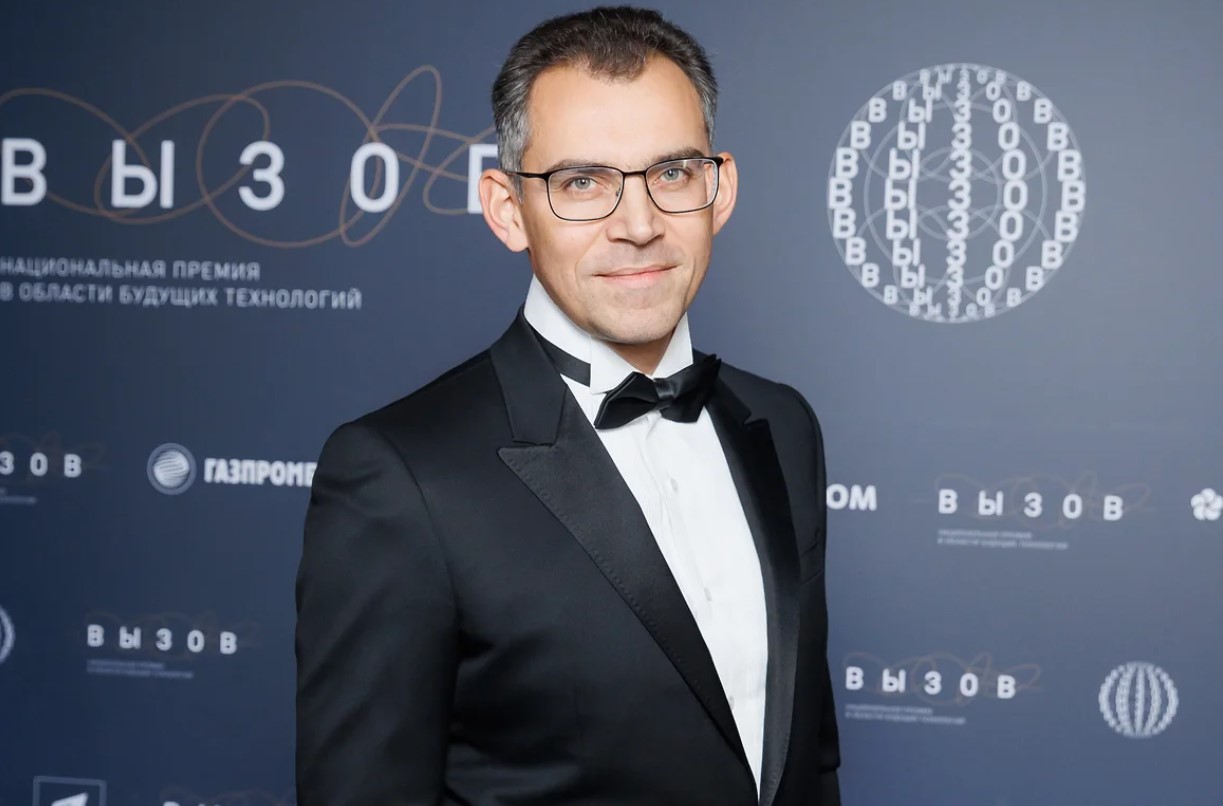
Photo: Photo bank of the VYZOV Foundation
Dmitry Zauers also notes that Gazprombank sees great
potential in investing in high-tech research, as exemplified by quantum
technology research: “We have supported high-tech startups, industrial
enterprises and groups of scientists involved in trailblazing fundamental
research for the past quarter-century. And we are willing to continue our
active contribution to refining the infrastructure for transferring
cutting-edge technology to the market, encouraging research and development and
monetizing scientific ideas and research results.”
Finally, scientific awards are important for society. Promoting
scientific awards and their laureates to the public arouses interest for the
scientific profession among younger audiences. Scientific breakthroughs
celebrated by prestigious awards often have far-reaching consequences for addressing
global challenges, improving the quality of life and developing human
knowledge.
An Award for the Future and the Future of the Award
Once the call for applications is closed, the Scientific
Committee will have to do a lot of work to determine the winners. “It is of
crucial importance for a scientific award to have two things. First, its
Scientific Committee, who selects the laureates, must be of the highest
caliber, and secondly, it must be absolutely impartial in making its
decisions,” says Alexey Paevsky. “I believe the VYZOV Prize meets both of these
criteria.”
The VYZOV
Prize is organized by the VYZOV Foundation for the Development of Scientific
and Cultural Relations. Its President Leonid
Shlyakhover shared the organization’s future plans with us.
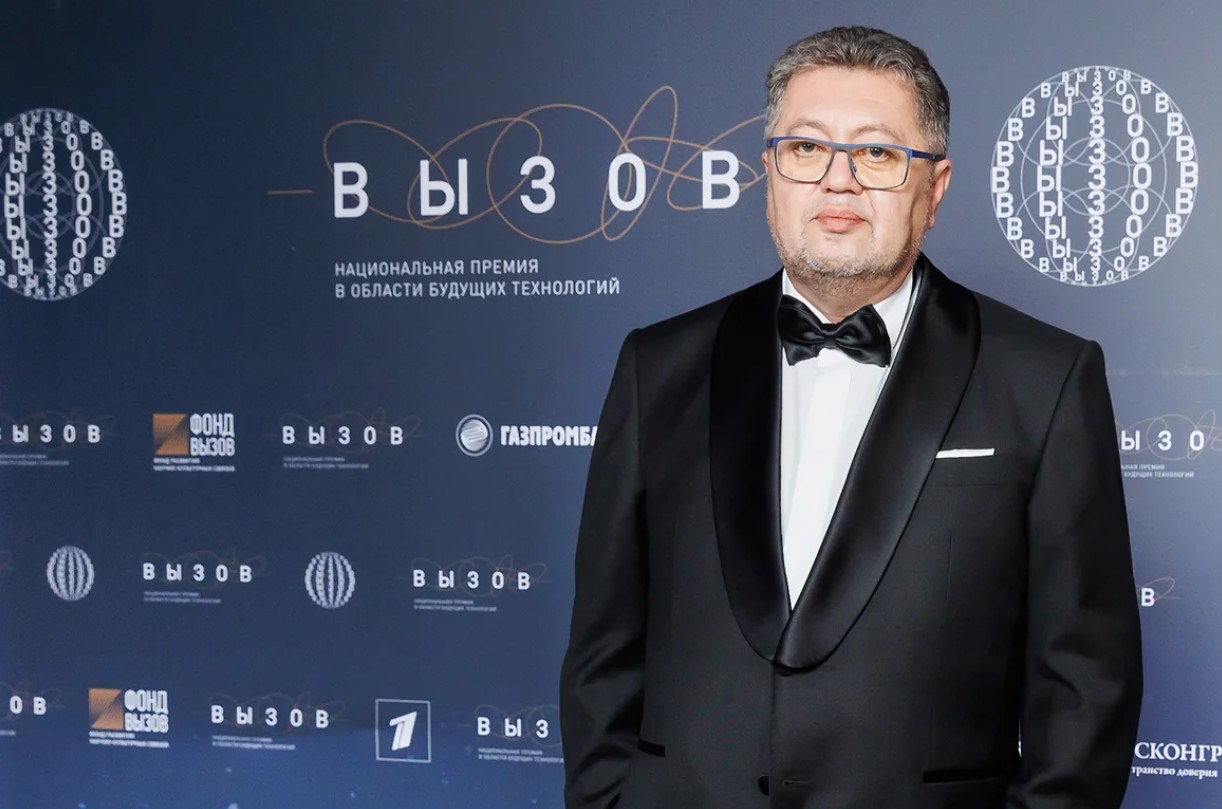
Leonid Shlyakhover, President of the VYZOV Foundation
Photo: Photo bank of the VYZOV Foundation
“The VYZOV Foundation sets ambitious goals for itself.
We are now considering organizing a big international festival jointly with our
partners, which would bring together laureates of esteemed scientific and
artistic awards and hopefully foster a creative environment for launching new
projects, such as movies, theatric plays, TV shows, podcasts, etc. Because it
is through these media that a wider audience can learn about the most notable
achievements of science,” says Leonid Shlyakhover.
“One of the objectives of the festival would be to
enable young people to see avenues for development for themselves inside Russia
by bringing them some of the real-life success stories.
“We realize that you cannot develop new technologies
unless you have fundamental science. That is why we would like scientists to be
role models in the eyes of younger people, the way artistic celebrities like stage
or movie stars are today.
“The VYZOV Foundation also actively works to maintain a
regular international dialogue among scientists. This year we successfully
launched a new, international category for the VYZOV Prize titled ‘Discovery,’
and we have already received quite a few submissions from various countries,
including some of the EU member states. It is an indicator of confidence:
confidence in the award’s Scientific Committee and its expertise, confidence in
the VYZOV Foundation, and confidence in our country.
“I would like to note that Russian nationals currently
based abroad may also apply for the Discovery award. It is important for us to
demonstrate that Russia has the necessary enabling environment for advancing
science, and that scientific achievements are welcomed and acknowledged here.
“Following last year’s tradition, the VYZOV Prize
award ceremony will take place at Moscow’s Manege Central Exhibition Hall on
December 19th. It will be a big, festive event featuring prominent
figures in the world of science, art, business and politics.”
The VYZOV National Prize for
Future Technologies is organized and sponsored by the VYZOV Foundation for the
Development of Scientific and Cultural Relations jointly with Gazprombank, in
partnership with Rosatom State Corporation and Roscongress Foundation, and with
support from the City Government of Moscow. The award was initially established
to commemorate the Decade of Science and Technology announced in Russia in
2022, and is designed to celebrate breakthrough ideas and inventions
that are changing the landscape of modern science and the life of every person.
